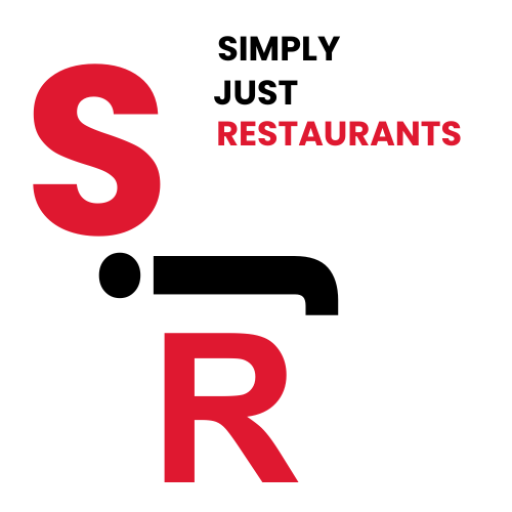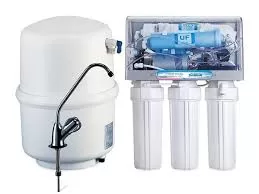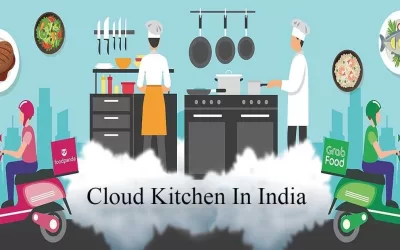- Introduction
- Expertise in Restaurant Restaurant Consulting Operations
- Strong Communication Skills
- Analytical Thinking and Problem-Solving
- Adaptability and Flexibility
- FAQs
- Part 2: Top Five Qualities of an Effective Restaurant Consulting Professional
- Business Acumen and Financial Literacy
- Leadership and Team Management
- Client Relationship Management
- Industry Knowledge and Trends Awareness
- Commitment to Continuous Learning and Improvement
Introduction
An effective restaurant consulting professional embodies a blend of industry expertise and strategic acumen. Their top qualities include comprehensive culinary knowledge, enabling them to understand and improve food and service standards. They possess strong analytical skills, allowing them to diagnose operational inefficiencies and recommend practical solutions. Excellent communication and interpersonal skills are crucial for effectively conveying ideas and fostering collaboration among staff. Creativity and innovation drive their ability to implement unique concepts and enhance the dining experience. Lastly, adaptability ensures they can navigate the ever-changing restaurant landscape, responding swiftly to trends and challenges. These qualities collectively ensure successful consultancy outcomes.
Definition of a Restaurant Consultant: A restaurant consultant is a professional advisor who assists restaurant owners and managers in improving operations, increasing profitability, and enhancing customer experiences. They provide expertise in areas such as menu development, kitchen efficiency, staff training, and marketing strategies, tailored to the specific needs and goals of the restaurant.
Importance of Restaurant Consulting in the Industry Restaurant consulting is vital for the industry as it helps establishments optimize operations, enhance profitability, and stay competitive. Consultants provide expert guidance on improving efficiency, customer satisfaction, and adapting to market trends, ultimately fostering sustainable growth and innovation in an ever-evolving culinary landscape.
Purpose of Identifying Effective Qualities Identifying effective qualities in restaurant consultants ensures that establishments select professionals capable of delivering impactful results. These qualities guide consultants in diagnosing issues, implementing solutions, and driving success. This alignment optimizes restaurant consulting performance, enhances customer experiences, and promotes sustained industry growth and innovation.
Expertise in restaurant operations is a crucial attribute for any restaurant consultant, significantly influencing the success and efficiency of a dining establishment. This expertise encompasses a comprehensive understanding of various facets of the restaurant business, ensuring that every component functions harmoniously to deliver an exceptional dining experience. Here’s an in-depth exploration of what this expertise entails:

Expertise in Restaurant Restaurant Consulting Operations
Menu Development and Optimization
A consultant with deep operational expertise can craft or refine menus to balance creativity and cost-effectiveness. They understand ingredient sourcing, portion control, and pricing strategies that maximize profit margins while ensuring quality and variety. Their insights help in designing menus that appeal to target demographics and align with current food trends.
Kitchen Efficiency
Operational experts streamline kitchen processes to enhance efficiency and reduce waste. This involves optimizing kitchen layouts for better workflow, implementing standardized recipes and procedures, and training kitchen staff in best practices. Efficient kitchens reduce preparation times, improve food consistency, and lower operational costs, contributing to a better overall dining experience.
Staff Training and Management
Effective restaurant operations hinge on well-trained, motivated staff. Consultants provide comprehensive training programs covering customer service, food safety, and operational procedures. They also develop management strategies that promote teamwork, accountability, and continuous improvement. Expertise in human resources ensures that the restaurant consulting attracts, retains, and develops top talent.
Financial Management
Operational expertise includes a keen understanding of financial metrics and cost control. Consultants analyze profit and loss statements, monitor key performance indicators (KPIs), and develop strategies to improve profitability. This might involve cost-cutting measures, optimizing supply chain management, and implementing pricing strategies that reflect the restaurant’s value proposition.
Customer Experience Enhancement
Understanding the nuances of customer service and dining experience is crucial. Consultants evaluate the entire customer journey—from reservations to dining and feedback—and implement improvements to enhance satisfaction. This includes refining service protocols, ambiance, and even leveraging technology for better customer interactions.
Compliance and Safety
Ensuring compliance with health regulations and safety standards is non-negotiable. Experts in restaurant operations stay abreast of local, state, and federal regulations, helping restaurants maintain compliance. This expertise includes implementing robust food safety practices, conducting regular inspections, and preparing for health department reviews.
Technology Integration
Modern restaurant consulting operations heavily rely on technology, from point-of-sale (POS) systems to reservation platforms. Consultants guide the selection, implementation, and optimization of these technologies to enhance efficiency and customer engagement. They understand how to leverage data analytics for better decision-making and personalized customer experiences.
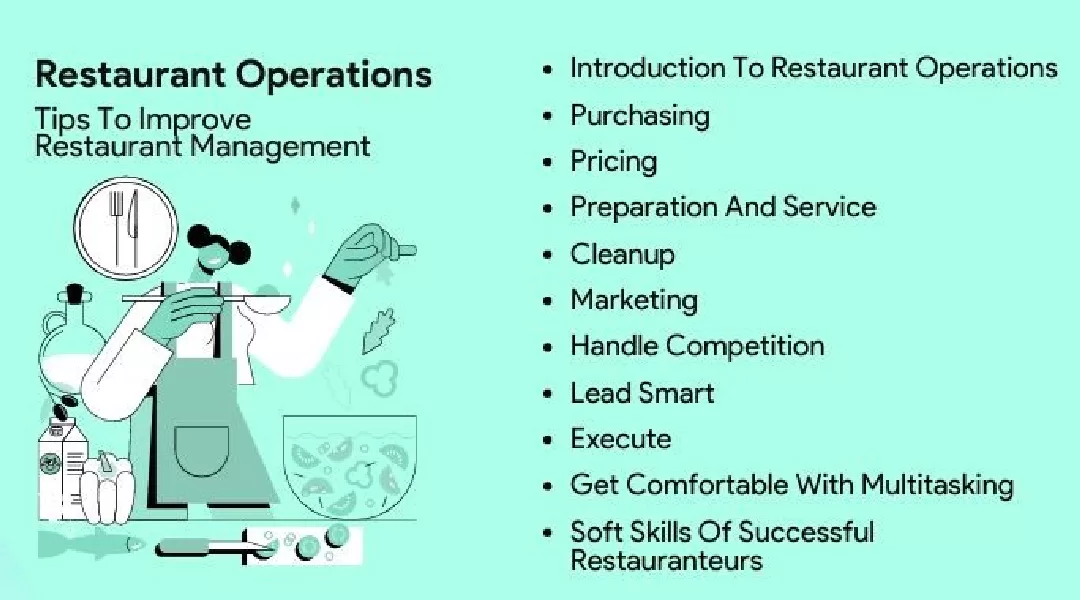
Strong Communication Skills
Strong communication skills are paramount for a restaurant consultant, as they form the backbone of effective consulting and ensure the seamless implementation of recommendations. Here’s a detailed exploration of why these skills are crucial and how they manifest in the consulting process:
Clear Conveyance of Ideas
Consultants must articulate their ideas, findings, and recommendations clearly and concisely to restaurant owners, managers, and staff. This involves translating complex analyses and industry jargon into easily understandable language. Clear communication ensures that everyone involved comprehends the proposed changes and the rationale behind them, fostering buy-in and cooperation.
Active Listening
Effective communication is a two-way street. Consultants must actively listen to their clients to understand their specific challenges, goals, and expectations. This involves asking insightful questions and genuinely considering the client’s perspective. By listening attentively, consultants can tailor their advice to address the unique needs of each restaurant, ensuring more relevant and impactful solutions.
Persuasion and Influence
Implementing change often requires overcoming resistance. Strong communication skills enable consultants to persuade and motivate stakeholders by highlighting the benefits and addressing concerns. They use compelling narratives and evidence-based arguments to build trust and encourage stakeholders to embrace new ideas and practices. This persuasive ability is essential for driving the successful adoption of recommended changes.
Interpersonal Skills
Building strong relationships is crucial for effective restaurant consulting. Consultants interact with a diverse range of people, from owners and managers to chefs and waitstaff. Effective interpersonal communication fosters a collaborative environment where all parties feel valued and respected. This rapport-building is essential for gaining insights, fostering teamwork, and ensuring smooth project execution.
Feedback Delivery
Providing constructive feedback is a critical aspect of consulting. Consultants must deliver feedback in a way that is honest yet sensitive, ensuring it is received positively and acted upon. This involves balancing praise with constructive criticism and focusing on behaviors and outcomes rather than personal attributes. Skillful feedback delivery helps in driving continuous improvement without demoralizing staff.
Adaptability and Responsiveness
Strong communicators can adapt their style to suit different audiences and situations. Whether addressing a team meeting, conducting a training session, or presenting to stakeholders, consultants must be versatile in their communication approach. Additionally, they must be responsive to questions and feedback, demonstrating flexibility and a willingness to adjust their strategies as needed.
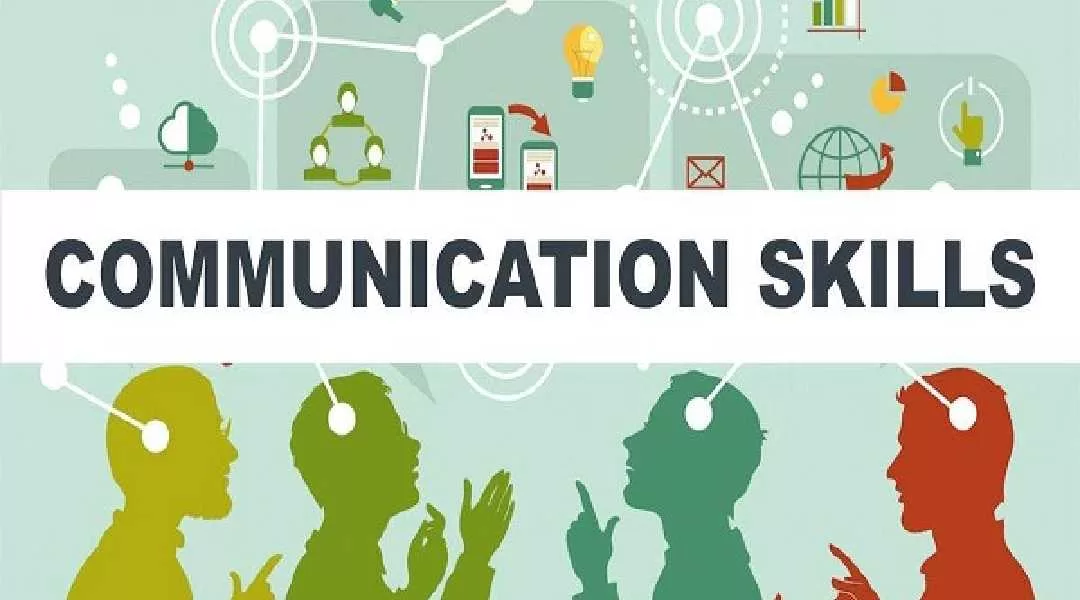
Analytical Thinking and Problem-Solving
Analytical thinking and problem-solving are cornerstone skills for a restaurant consultant, enabling them to diagnose issues accurately, develop strategic solutions, and enhance overall operational efficiency. Here’s a comprehensive examination of these skills and their significance in the consulting process:
Data-Driven Decision Making
Analytical thinking involves gathering and interpreting data to make informed decisions. Restaurant consultants must analyze various data sources, including financial statements, customer feedback, inventory levels, and sales reports. By identifying patterns and trends, they can pinpoint inefficiencies, such as high food costs, low profit margins, or declining customer satisfaction. Data-driven insights allow consultants to make precise recommendations that address the root causes of these issues rather than just the symptoms.
Identifying Key Performance Indicators (KPIs)
Understanding and monitoring KPIs is essential for evaluating a restaurant’s performance. Analytical consultants establish relevant KPIs, such as table turnover rates, average check size, labor cost percentage, and food waste levels. By tracking these metrics, they can assess the effectiveness of existing practices and identify areas for improvement. This continuous monitoring helps in setting realistic goals and measuring progress, ensuring sustained operational excellence.
Root Cause Analysis
Problem-solving begins with identifying the root cause of an issue. Consultants employ various analytical tools and techniques, such as the 5 Whys, Fishbone diagrams, and SWOT analysis, to dig deep into problems. For instance, if a restaurant faces declining sales, the consultant might explore factors such as menu pricing, marketing strategies, customer service quality, or competitor activity. Root cause analysis ensures that solutions are targeted and effective, preventing recurring problems.
Strategic Planning
Once issues are identified, consultants use their analytical skills to develop strategic plans. This involves setting clear objectives, defining action steps, and allocating resources effectively. Strategic planning also includes scenario analysis, where consultants anticipate potential challenges and devise contingency plans. This proactive approach helps restaurants navigate uncertainties and maintain operational stability.
Creative Problem-Solving
Analytical thinking is complemented by creativity in problem-solving. Consultants often face unique challenges that require innovative solutions. For example, if a restaurant struggles with attracting customers, a consultant might suggest hosting themed events, collaborating with local businesses, or leveraging social media influencers. Creative solutions, grounded in analytical insights, can differentiate a restaurant in a competitive market.
Continuous Improvement
Analytical consultants foster a culture of continuous improvement. They regularly review and refine processes, encouraging feedback and experimentation. By embracing a mindset of constant evaluation and adaptation, restaurants can stay ahead of industry trends and continually enhance their operations. This iterative approach ensures long-term success and sustainability.
Communication of Analytical Findings
Effective problem-solving also requires the ability to communicate analytical findings clearly and persuasively. Consultants must present data and recommendations in a way that is understandable and actionable for restaurant owners and staff. Visual aids, such as charts and graphs, can help illustrate points and facilitate decision-making.
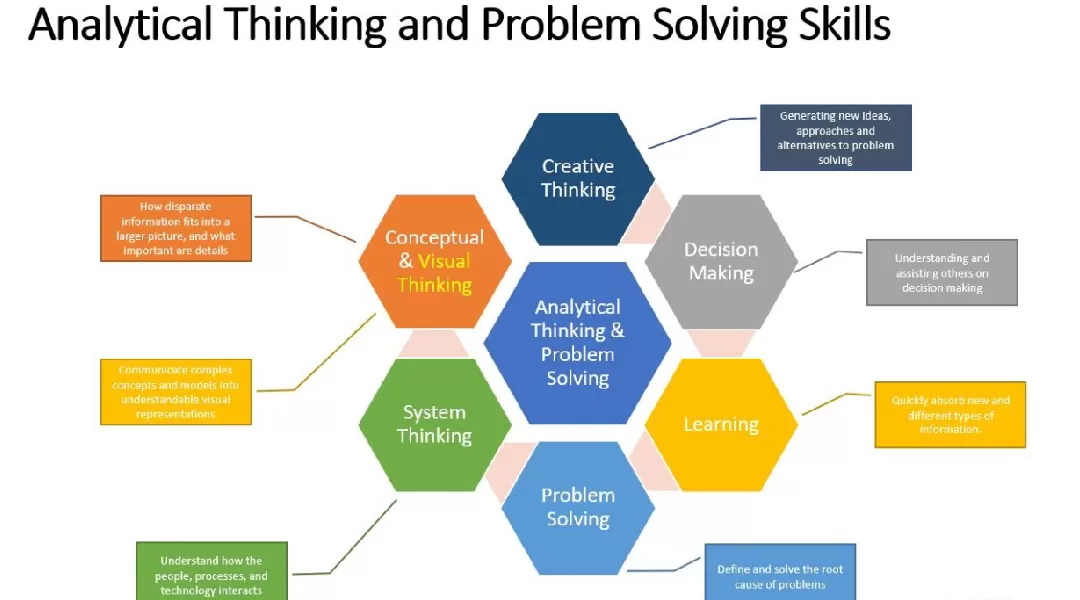
Adaptability and Flexibility
Adaptability and flexibility are essential qualities for a restaurant consultant, enabling them to effectively navigate the dynamic and often unpredictable restaurant industry. These traits allow consultants to respond swiftly to changing circumstances, ensuring that their strategies and recommendations remain relevant and impactful.
Responding to Industry Trends
The restaurant industry is constantly evolving, influenced by trends in consumer preferences, technology, and regulations. An adaptable consultant stays updated on these trends and adjusts their strategies accordingly. For instance, the rising demand for plant-based options or the integration of digital ordering systems requires consultants to modify menu offerings and operational processes to meet new customer expectations and technological advancements.
Handling Unforeseen Challenges
Restaurants frequently face unexpected challenges, such as supply chain disruptions, economic downturns, or shifts in local competition. Flexibility allows consultants to develop contingency plans and pivot strategies quickly. For example, during a sudden shortage of a key ingredient, a flexible consultant can recommend alternative suppliers or menu adjustments that maintain quality without disrupting service.
Customizing Solutions
Every restaurant is unique, with its own set of challenges and goals. Adaptable consultants tailor their approaches to fit the specific needs of each client, rather than applying a one-size-fits-all solution. This customization ensures that recommendations are practical and directly address the restaurant’s individual circumstances, enhancing the likelihood of successful implementation.
Managing Client Expectations
Consultants often work with diverse clients, each with different expectations and working styles. Flexibility in communication and project management helps consultants build strong relationships and manage client expectations effectively. They can adapt their communication style to suit the client’s preferences, whether it’s through detailed reports, visual presentations, or informal discussions.
Learning and Improvement
Adaptability involves a commitment to continuous learning and improvement. Consultants who are open to new ideas and willing to revise their approaches based on feedback and results can provide more effective and up-to-date solutions. This ongoing learning process ensures that their expertise remains relevant and valuable in a rapidly changing industry.
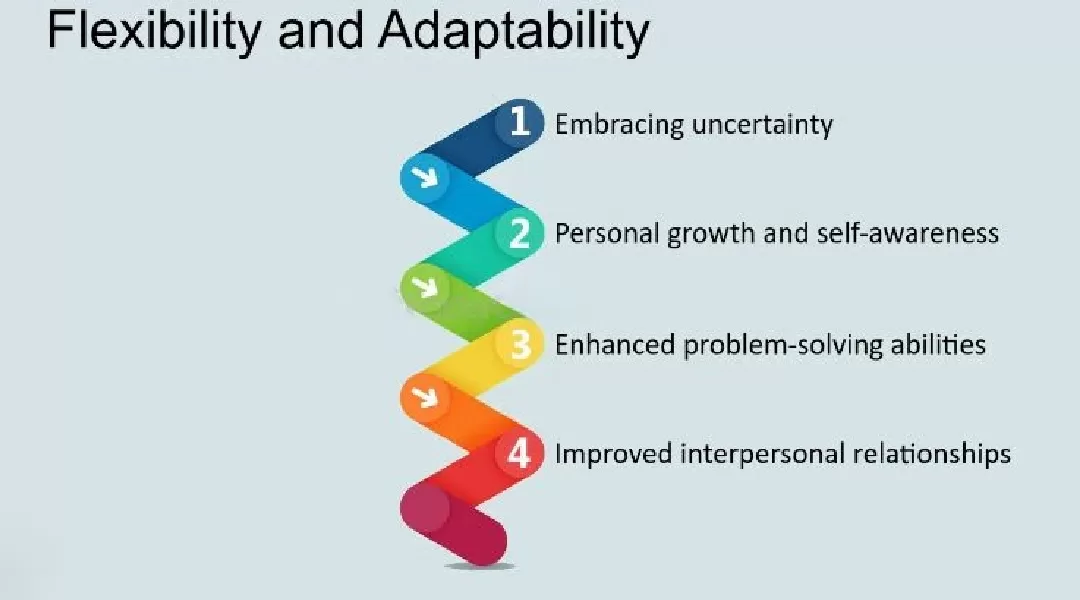
FAQs
Q: What does a restaurant consultant do?
A: A restaurant consultant advises on improving operations, menu development, staff training, marketing strategies, and customer experience, helping restaurants enhance efficiency, profitability, and overall performance.
Q: How much does it cost to hire a restaurant consultant?
A: Hiring a restaurant consultant typically depending on expertise, scope, and location or based on project.
Q: How do I become a restaurant consultant?
A: To become a restaurant consultant, gain experience in restaurant consulting management or culinary arts, develop expertise in areas like operations and marketing, build a network, and market your consulting services effectively.
Q: What qualifications do you need to be a restaurant consultant?
A: Qualifications to be a restaurant consultant include experience in restaurant management, culinary arts, or hospitality, strong analytical and communication skills, business acumen, and a track record of successful consulting engagements.
Q: How long does it take to see results from restaurant consulting?
A: Results from restaurant consulting can vary widely based on the issues addressed, but noticeable improvements in operations, profitability, and customer satisfaction can often be seen within a few months to a year.

Part 2: Top Five Qualities of an Effective Restaurant Consulting Professional
Business Acumen and Financial Literacy
Business acumen and financial literacy are critical attributes for a restaurant consultant, as they enable effective decision-making, strategic planning, and sustainable growth within the industry. Here’s an in-depth exploration of these essential skills:
Business Acumen
Business acumen refers to the ability to understand and interpret how a business operates within its industry and market environment. For a restaurant consultant, this involves:
Industry Knowledge: Understanding the nuances of the restaurant industry, including trends, consumer behavior, competition, and regulatory requirements. This knowledge helps consultants provide informed recommendations that align with industry best practices.
Market Analysis: Conducting market research to assess the restaurant’s position relative to competitors, identify target demographics, and uncover opportunities for growth. Consultants analyze market trends and consumer preferences to tailor strategies that capitalize on market dynamics.
Strategic Planning: Developing long-term goals and actionable plans to achieve them. Business acumen allows consultants to prioritize initiatives, allocate resources effectively, and anticipate challenges. They consider factors such as pricing strategies, menu development, operational efficiencies, and marketing campaigns in their strategic frameworks.
Risk Management: Identifying potential risks and implementing mitigation strategies to safeguard the restaurant’s financial health and reputation. Consultants assess risks related to operations, finance, compliance, and external factors, providing proactive solutions to minimize vulnerabilities.
Financial Literacy
Financial literacy encompasses the ability to understand and interpret financial statements, metrics, and performance indicators. For restaurant consultants, this includes:
Financial Analysis: Analyzing profit and loss statements, balance sheets, cash flow statements, and other financial reports to assess the restaurant’s financial health. Consultants identify financial strengths, weaknesses, and trends that impact profitability and liquidity.
Cost Control: Implementing strategies to manage costs effectively without compromising quality. This involves analyzing cost structures, negotiating with suppliers, optimizing inventory management, and minimizing waste to improve profit margins.
Budgeting and Forecasting: Developing budgets and financial forecasts based on projected revenue, expenses, and growth initiatives. Consultants use historical data and market insights to create realistic financial projections and monitor performance against financial goals.
Capital Planning: Advising on capital investments, such as equipment purchases, renovations, or expansions. Financial literacy enables consultants to evaluate investment opportunities, assess return on investment (ROI), and recommend financing options that align with the restaurant’s financial objectives.

Leadership and Team Management
Leadership and team management are essential skills for a restaurant consultant, as they enable effective collaboration, motivation, and alignment of team efforts toward achieving organizational goals. Here’s an exploration of these critical skills in the context of restaurant consulting:
Leadership
Vision and Strategy: A consultant’s leadership begins with setting a clear vision for the restaurant’s future and developing strategies to achieve that vision. This involves understanding the client’s goals, industry trends, and competitive landscape to guide the team in the right direction.
Inspiration and Motivation: Effective leadership inspires and motivates restaurant staff to embrace change and strive for excellence. Consultants lead by example, demonstrating enthusiasm, commitment to quality, and a proactive approach to overcoming challenges.
Decision-Making: Leaders make informed decisions based on data, insights, and consultation with stakeholders. They weigh risks and benefits, consider multiple perspectives, and communicate decisions transparently to build trust and foster accountability.
Conflict Resolution: Addressing conflicts constructively is crucial. Leaders mediate disputes, encourage open dialogue, and promote a collaborative environment where team members feel valued and respected. By resolving conflicts promptly, consultants maintain team cohesion and productivity.
Team Management
Recruitment and Development: Consultants build high-performing teams by recruiting skilled individuals who complement each other’s strengths and align with the restaurant’s culture. They invest in team development through training, mentorship, and performance feedback to enhance skills and morale.
Delegation and Empowerment: Effective team management involves delegating tasks based on team members’ strengths and expertise. Consultants empower employees by providing autonomy, resources, and guidance needed to succeed, fostering a sense of ownership and accountability.
Communication: Clear and open communication is fundamental. Team managers articulate goals, expectations, and feedback effectively. They encourage regular updates, listen actively to team concerns, and ensure everyone understands their role in achieving collective objectives.
Recognition and Rewards: Acknowledging team achievements boosts morale and reinforces desired behaviors. Consultants celebrate milestones, recognize individual contributions, and implement fair reward systems that motivate continuous improvement and loyalty.
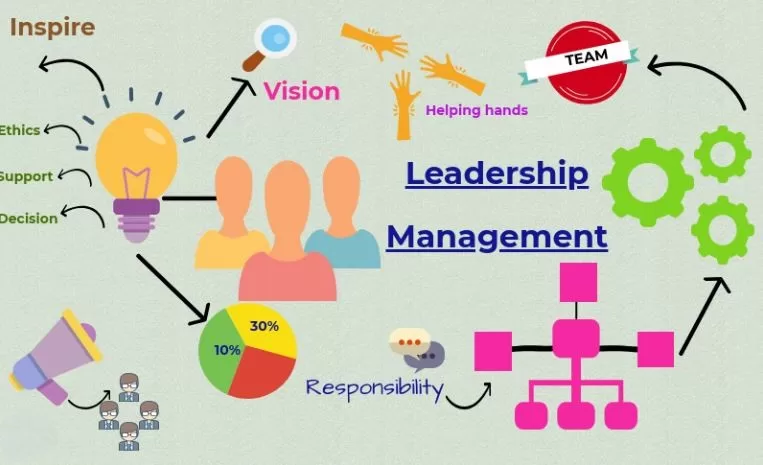
Client Relationship Management
Client relationship management (CRM) is crucial for restaurant consultants, as it involves building strong, collaborative partnerships with clients to understand their needs, exceed expectations, and deliver value consistently. Here’s an in-depth exploration of CRM in the context of restaurant consulting:
Understanding Client Needs
Initial Assessment: Effective CRM begins with a thorough understanding of the client’s goals, challenges, and expectations. Consultants conduct initial assessments through interviews, surveys, and data analysis to identify key issues and opportunities for improvement.
Customized Solutions: Based on the assessment, consultants tailor solutions that align with the client’s unique requirements. This may involve menu optimization, operational restructuring, staff training programs, or marketing strategies aimed at enhancing profitability and customer satisfaction.
Building Trust and Communication
Transparency: Open and transparent communication builds trust. Consultants keep clients informed about project progress, challenges, and successes. They provide regular updates, seek feedback, and address concerns promptly to maintain alignment and trust.
Active Listening: CRM involves active listening to understand client feedback, preferences, and evolving needs. Consultants solicit input from stakeholders, validate understanding, and adjust strategies accordingly to ensure client satisfaction and project success.
Delivering Value and Results
Exceeding Expectations: Consultants strive to exceed client expectations by delivering measurable results and tangible improvements in restaurant performance. This may include increased revenue, improved operational efficiency, enhanced customer experiences, and sustainable growth.
ROI and Performance Metrics: Demonstrating ROI is crucial in CRM. Consultants define clear metrics and benchmarks to measure project success. They provide regular performance reports, analyze data trends, and showcase tangible outcomes to illustrate the value of their services.
Long-Term Relationship Building
Continuous Engagement: CRM extends beyond project completion. Consultants maintain ongoing relationships with clients by offering support, guidance, and additional services as needed. They anticipate future challenges, provide strategic advice, and help clients stay ahead in a competitive market.
Feedback and Improvement: Consultants seek feedback from clients to continuously improve their services. They conduct post-project evaluations, gather insights on client satisfaction, and use feedback to refine methodologies and enhance service delivery.
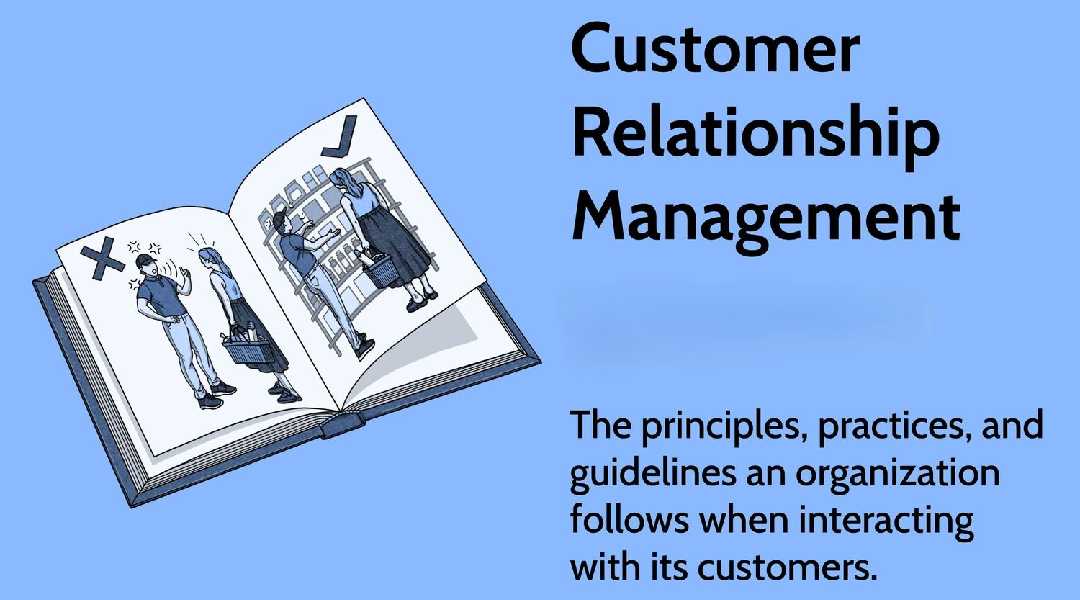
Industry Knowledge and Trends Awareness
Industry knowledge and trends awareness are vital for restaurant consultants, enabling them to stay informed about developments, challenges, and opportunities within the dynamic food and beverage industry. Here’s how these factors contribute to effective consulting:
Industry Knowledge
Understanding Market Dynamics: Consultants must have a deep understanding of the restaurant consulting industry, including market segments, consumer preferences, and competitive landscape. This knowledge helps them identify industry-specific challenges and opportunities that impact restaurant consulting operations and profitability.
Regulatory Compliance: Staying updated on local, state, and federal regulations is crucial. Consultants ensure that restaurants comply with health codes, labor laws, licensing requirements, and environmental regulations to avoid legal issues and maintain operational integrity.
Economic Factors: Awareness of economic trends, such as inflation rates, labor costs, and consumer spending habits, helps consultants advise restaurants on pricing strategies, cost management, and financial planning to mitigate risks and capitalize on economic opportunities.
Trends Awareness
Menu Innovation: Consultants track culinary trends, dietary preferences, and emerging ingredients to help restaurants innovate their menus. This includes incorporating plant-based options, offering seasonal dishes, and adapting to evolving consumer tastes.
Technology Integration: Awareness of technological advancements, such as digital ordering systems, mobile payment options, and restaurant consulting management software, enables consultants to recommend technology solutions that improve operational efficiency and enhance customer experiences.
Sustainability Initiatives: Increasing consumer demand for sustainability prompts consultants to advise on eco-friendly practices, waste reduction strategies, and sourcing sustainable ingredients. Restaurant consulting implementing green initiatives can appeal to environmentally conscious diners and reduce costs.
Strategic Application
Customized Solutions: Industry knowledge and trend awareness inform consultants’ recommendations for customized solutions tailored to each restaurant’s unique needs and target market. They align strategies with current industry best practices and emerging trends to achieve competitive advantage.
Risk Assessment: Restaurant consulting assess industry trends to anticipate potential risks and opportunities. They develop contingency plans and strategic initiatives that position restaurants to adapt proactively to market shifts and maintain resilience in a competitive environment.
Competitive Analysis: Monitoring competitors’ strategies and market positioning helps consultants advise restaurants on differentiation strategies, pricing adjustments, and marketing campaigns. This competitive intelligence enables informed decision-making and strategic planning for sustainable growth.
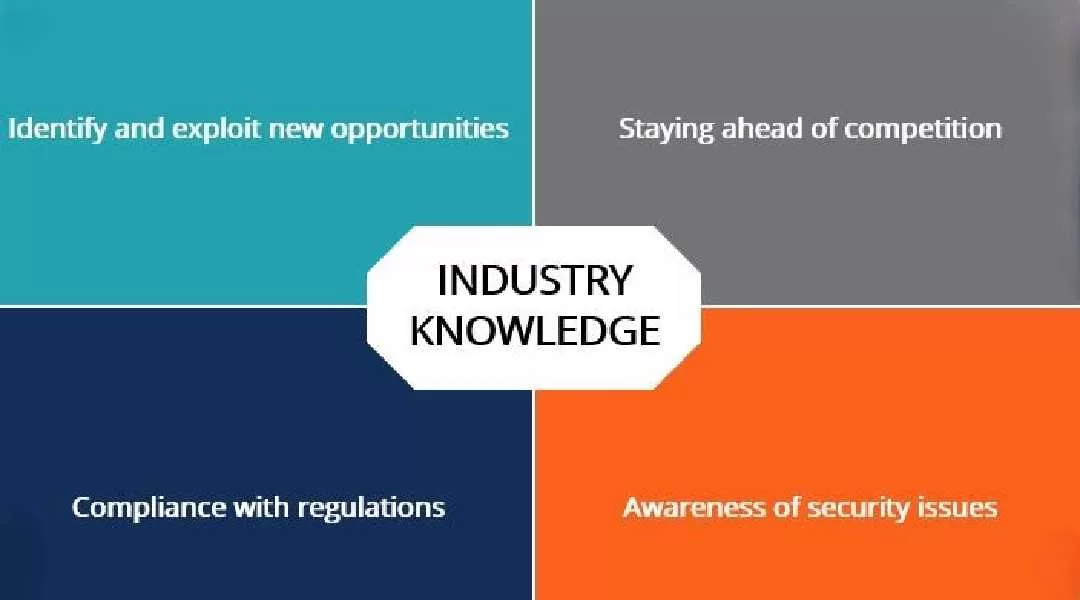
Commitment to Continuous Learning and Improvement
Commitment to continuous learning and improvement is essential for restaurant consultants to stay relevant, innovate, and deliver valuable insights and solutions to their clients. Here’s how this commitment contributes to effective restaurant consulting:
Adaptation to Industry Changes
Staying Updated: The restaurant industry is dynamic, with evolving trends in consumer behavior, technology, and regulations. Consultants engage in ongoing learning to stay updated on industry developments, market trends, and best practices. This knowledge allows them to provide relevant and timely recommendations to clients.
Skill Enhancement: Continuous learning enables consultants to develop and refine skills in areas such as data analysis, strategic planning, leadership, and customer experience management. By acquiring new skills and knowledge, restaurant consulting enhance their ability to tackle complex challenges and deliver innovative solutions.
Innovation and Best Practices
Incorporating New Ideas: Learning fosters creativity and innovation. Consultants explore new concepts, techniques, and technologies that can be applied to improve restaurant operations, menu development, marketing strategies, and customer engagement. They integrate innovative ideas into their restaurant consulting approach to drive sustainable growth and competitive advantage for their clients.
Benchmarking: Continuous improvement involves benchmarking against industry standards and competitors. restaurant consulting compare performance metrics, customer satisfaction levels, and operational efficiencies to identify areas for improvement and implement best practices that deliver measurable results.
Client Value and Relationship Building
Delivering Value: Clients value restaurant consulting who demonstrate a commitment to continuous learning. By leveraging updated knowledge and innovative solutions, consultants provide added value that contributes to operational efficiency, profitability, and customer satisfaction for restaurants.
Building Trust: Consultants who prioritize learning and improvement build trust with clients by demonstrating their dedication to staying current with industry trends and evolving practices. This trust fosters long-term relationships and enhances client confidence in the restaurant consulting ability to deliver impactful results.
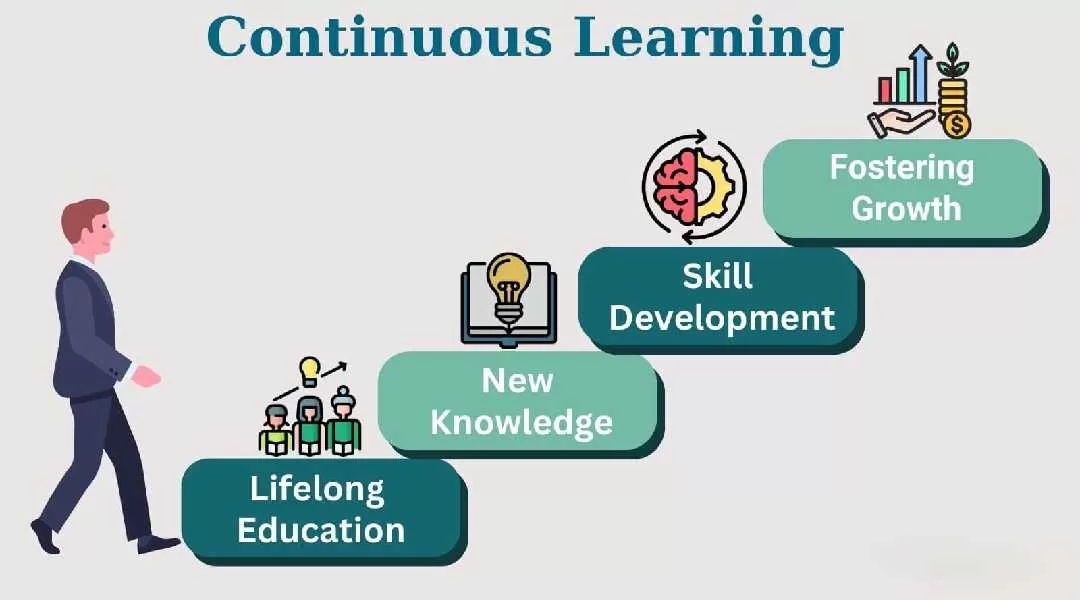
About Author sudeshna mukherjee
You May Also Like…
Food Licensing Requirements for Indian Restaurants and Cloud Kitchens: What You Need to Know
IntroductionFood industry is the fastest growing business in India. If you are interested in investing and opening a...

